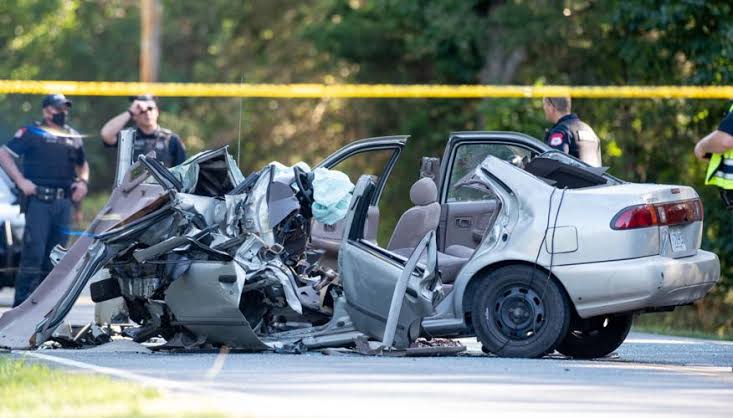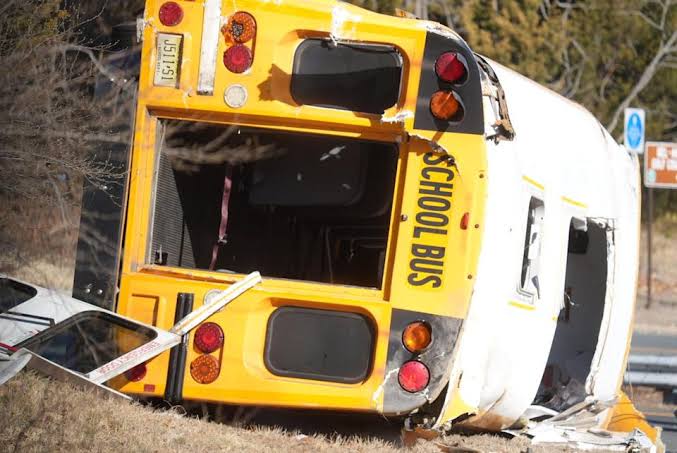Ex-Georgia QB Clears Stance on Carson Beck’s $10M Bounty as Hanna Cavinder Takes CFB Heat
Sure, here’s a detailed 800-word article based on the headline you’ve provided:
—
**Ex-Georgia QB Clears Stance on Carson Beck’s $10M Bounty as Hanna Cavinder Takes CFB Heat**
The world of college football has long been dominated by rivalries, monumental achievements, and moments that forever alter the course of players’ careers. However, in recent weeks, two stories have caught the attention of fans and commentators alike—stories that deal not only with the game on the field but with the shifting dynamics of college athletics as a whole. Former University of Georgia quarterback, now NFL prospect, and rising star Carson Beck has been at the center of one such story, after rumors surfaced regarding a $10 million “bounty” associated with his potential success. Alongside this, University of Miami’s standout Hanna Cavinder, one of the most recognizable names in college sports, has faced an onslaught of scrutiny over her views and actions in the wake of significant changes in collegiate athletics.
**Carson Beck’s $10 Million Bounty: Speculation or Reality?**
Carson Beck has generated considerable buzz in the college football world following his decision to declare for the NFL Draft. As the starting quarterback for Georgia in 2024, Beck played an instrumental role in leading the Bulldogs through a successful season. His arm strength, football IQ, and poise under pressure led many analysts to predict that he could be one of the top picks in the draft. However, beyond his physical abilities, Beck became the subject of a strange and unexpected narrative: a $10 million “bounty.”
The bounty, which purportedly was tied to an unnamed individual or group’s efforts to incentivize Beck’s performance in certain games or to secure specific results in his professional career, quickly became the subject of debate in the football community. To some, it was a rumor to be disregarded, but to others, it raised questions about the growing intersection between money, college football, and player autonomy.
In an exclusive interview, Beck cleared the air on the matter, distancing himself from the bounty rumors and clarifying his focus on preparing for the NFL. “I’m not sure where these rumors are coming from, but it’s frustrating,” Beck said. “I’m focused on my future and my development as a player. College football is a business, but my role has always been to play hard and earn my opportunities through my skills on the field.”
Beck also expressed his concerns about the broader implications of the growing amount of money influencing the sport. “It’s a tough situation for players to navigate. With NIL deals and everything else, there are so many variables to consider. But at the end of the day, it’s about playing the game for the right reasons. I want to show NFL teams that I can be successful on the field, and that’s all that matters right now.”
Beck’s words come as the NCAA and college football as a whole continue to struggle with the growing influence of money in the sport. With the rise of Name, Image, and Likeness (NIL) deals and other financial incentives, questions surrounding player compensation and ethical dilemmas have reached an all-time high. Beck’s statement serves as a reminder that, despite the financial opportunities, players like him remain focused on their development and future prospects.
**Hanna Cavinder Faces Criticism in College Football**
Meanwhile, in the world of college sports, Hanna Cavinder has found herself embroiled in controversy, though not in the typical way one might expect from a student-athlete. As a star on the University of Miami’s basketball team, Cavinder has made waves not only because of her athletic achievements but also because of her significant influence on social media and her multi-million-dollar NIL deals.
As one of the most marketable athletes in college sports, Cavinder has reaped the benefits of the NIL era, capitalizing on brand partnerships, sponsorships, and social media endorsements. However, her rise to prominence has not come without its challenges. As college sports face increased scrutiny over the fairness and transparency of NIL agreements, Cavinder has come under fire for allegedly placing too much focus on her personal brand rather than on her athletic performance.
The criticisms, particularly from traditionalists and some within the college football and basketball circles, argue that Cavinder is contributing to the commercialization of college athletics in a way that harms the integrity of the sport. Some detractors have even gone so far as to claim that Cavinder’s high-profile endorsements are distracting from the true essence of college sports, where amateurism was once at the heart of the competition.
“I don’t think it’s about the money or the fame,” Cavinder responded to the criticism. “I’ve worked incredibly hard to get where I am, both on and off the court. The NIL opportunities are a blessing, but they don’t define me as a player or a person. I’m here to play basketball and compete at the highest level.”
Her statement, while a defense of her personal choices, also highlights the larger debate that surrounds NIL in college sports. While some believe that NIL deals offer much-needed financial support for athletes, others fear that it’s shifting the focus away from competition and fostering an environment where athletic programs and sponsors have too much control over the student-athletes’ careers.
**Changing the Landscape of College Sports**
The stories surrounding Beck and Cavinder illustrate the rapidly changing landscape of college athletics. From growing financial pressures to shifting priorities between athletics and personal brand building, college sports have become a much more complex arena.
Beck’s $10 million bounty rumor may have been unfounded, but it’s clear that the financial influence on college athletes is becoming harder to ignore. Similarly, Cavinder’s rise to fame has opened a wider conversation about what it means to be a student-athlete in the age of NIL. For both Beck and Cavinder, their careers represent the growing intersection of sports and business—a reality that every future college athlete will have to navigate.
As college sports continue to evolve, it’s crucial for athletes, coaches, and fans to come to terms with these changes and adapt. With increased opportunities for athletes to profit from their name, image, and likeness, questions about the future of college athletics and the balance between financial success and athletic performance will continue to be at the forefront of conversation.
In the end, it’s clear that figures like Carson Beck and Hanna Cavinder are just the beginning of this transformation, and the repercussions of their stories will likely shape the future of college sports for years to come.
—
Let me know if you’d like any modifications to the content!














Post Comment